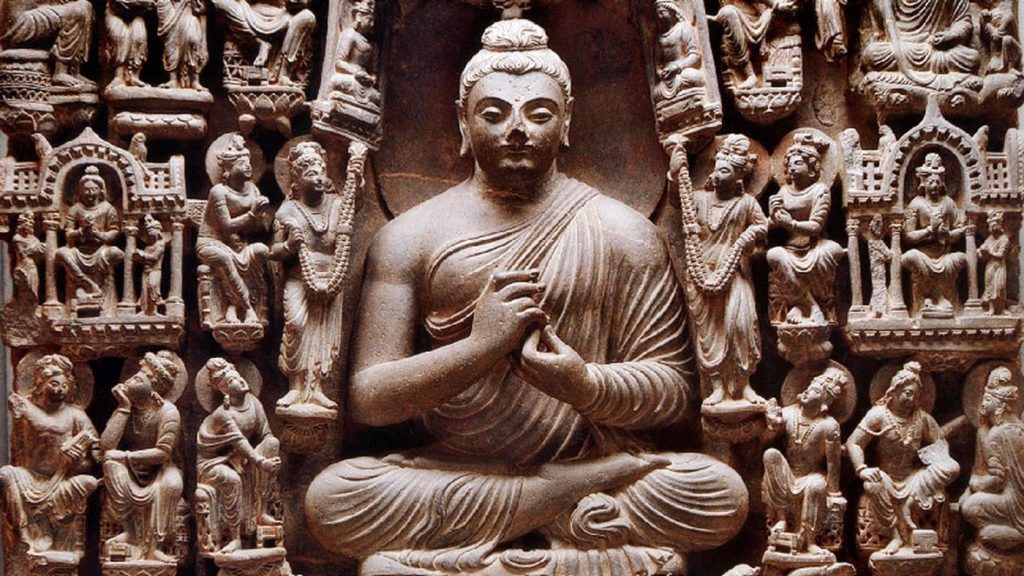The historical interactions between Greece and India have left a lasting impact on the cultural fabric of both nations. From ancient trade routes to the spread of Hellenistic influence, Greek connections with India have shaped various aspects of Indian culture, including art, architecture, language, and philosophy. In this article, we will explore the Greek influences in India that have endured through the ages and continue to be celebrated today.

Source: www.tagesspiegel.de
Alexander the Great and the Indo-Greek Kingdoms:
One of the significant events that paved the way for Greek influences in India was Alexander the Great’s conquest of parts of Northwestern India in the 4th century BCE. This led to the establishment of the Indo-Greek kingdoms, which fostered cultural exchange between the Greek and Indian civilizations. The Indo-Greek rulers introduced Hellenistic art and architecture, leaving an indelible mark on the region’s artistic traditions.
Gandhara Art and Architecture:
The Gandhara region, located in present-day Pakistan and Afghanistan, became a prominent center for the fusion of Greek and Indian artistic styles. Gandhara art, dating back to the 1st century BCE, exhibits a distinct blend of Greek sculptural techniques with Indian iconography. The influence of Greek aesthetics is evident in the realistic portrayal of human figures, drapery, and architectural motifs seen in Gandhara sculptures.
Influence on Indian Philosophy:
Greek philosophy, particularly the teachings of Plato and Aristotle, had a profound impact on Indian philosophical thought. The concept of logic and rational inquiry introduced by the Greeks influenced the development of philosophical schools in India, such as the Nyaya and Vaisheshika schools. The ideas of ethical reasoning, metaphysics, and epistemology found resonance in Indian philosophical traditions, shaping the intellectual discourse in the subcontinent.
Language and Literature:
Greek influence can also be observed in the realm of language and literature. The Greek language, through its connection with the Bactrian Greek rulers of Northwest India, influenced the development of the Prakrit language and subsequently Sanskrit. Greek words and concepts found their way into Sanskrit texts, enriching the vocabulary and expanding the intellectual horizons of Indian literature.
The historical interactions between Greece and India have created a tapestry of cultural exchanges, leaving a lasting imprint on various aspects of Indian society. From the fusion of artistic styles in Gandhara art to the philosophical discourse influenced by Greek thought, the Greek connections have become an integral part of India’s cultural heritage. By tracing these historical influences, we can gain a deeper understanding of the interconnectedness of civilizations and the richness of India’s cultural tapestry.

